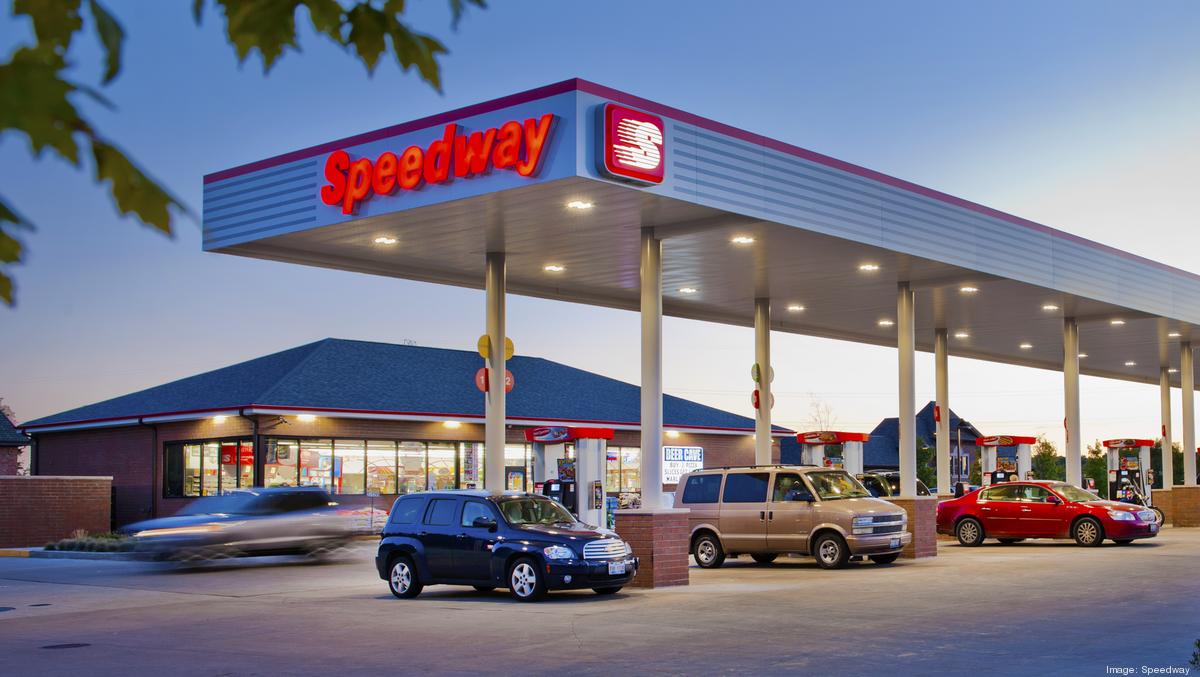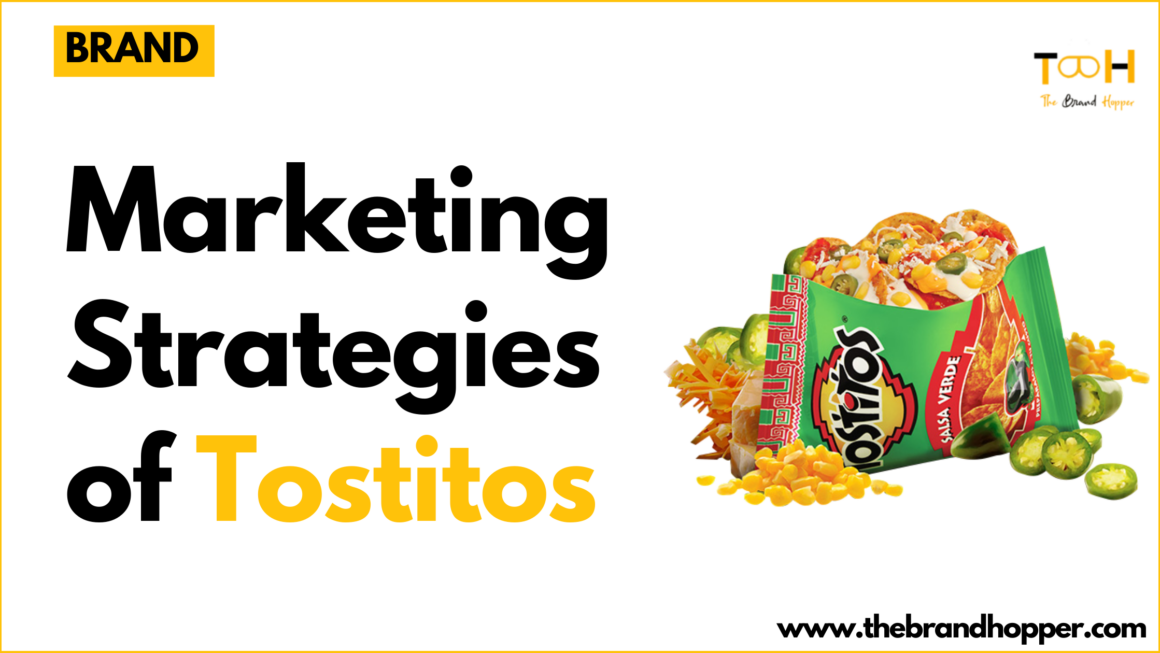Speedway LLC is a major American convenience store and gas station chain owned by 7-Eleven, Inc. Originally founded in 1959 as Speedway 79, the company has grown through numerous acquisitions and mergers to become one of the largest convenience store chains in the United States. Speedway’s operations are primarily concentrated in the Midwest and East Coast, but the brand has expanded its reach significantly over the years.
History and Evolution
Speedway’s roots trace back to the late 1950s when it was established as a brand of gasoline stations. The company went through several ownership changes and rebrandings, significantly expanding its footprint through the acquisition of other gas station and convenience store chains. One of the pivotal moments in Speedway’s history was its acquisition by Marathon Petroleum Corporation in 1998, which transformed it into a wholly-owned subsidiary.
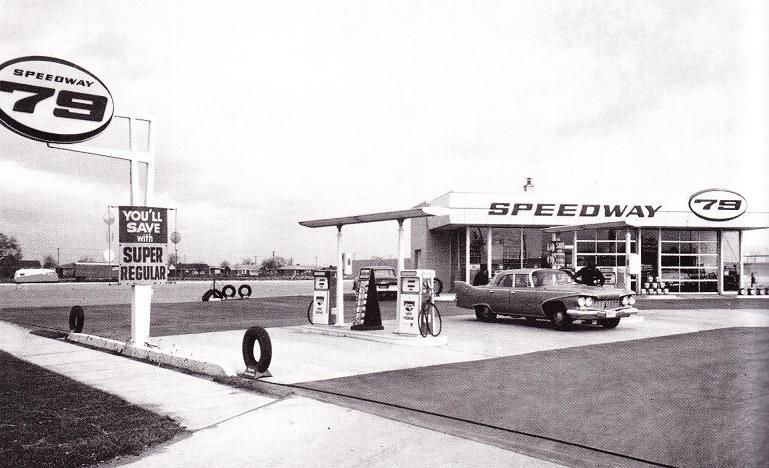
In 2011, Speedway experienced a significant growth spurt when Marathon Petroleum spun off into an independent company, maintaining Speedway as its retail arm. This move allowed Speedway to focus on expanding its convenience store operations and integrating fuel sales with retail offerings more effectively. The company embarked on an aggressive expansion strategy, acquiring numerous smaller chains and increasing its store count.
Business Model and Operations
Speedway operates a combined model of convenience stores and fuel stations, providing customers with a wide range of products and services. The company’s stores typically offer an array of snacks, beverages, prepared foods, and grocery items, in addition to fuel. This integrated approach helps attract a diverse customer base, from everyday commuters to long-haul truck drivers.
One of Speedway’s core strategies is its commitment to providing value and convenience to its customers. The company offers a loyalty program, Speedy Rewards, which allows customers to earn points on purchases that can be redeemed for various rewards, including fuel discounts and free merchandise. This program is highly popular and contributes significantly to customer retention and brand loyalty.
Expansion and Acquisitions
Speedway’s growth has been fueled by strategic acquisitions, enabling the company to expand its footprint rapidly and enter new markets. Some of the notable acquisitions include Hess Corporation’s retail operations in 2014, which added over 1,200 stores primarily located on the East Coast, and the purchase of the Express Mart chain in 2018.
In 2020, Marathon Petroleum announced the sale of Speedway to 7-Eleven, Inc., a subsidiary of Japan’s Seven & I Holdings, for $21 billion. This acquisition, completed in May 2021, was one of the largest deals in the convenience store industry and significantly increased 7-Eleven’s presence in the U.S. market. As part of the 7-Eleven family, Speedway continues to operate under its brand, benefiting from synergies and expanded resources.
Market Position and Competition
Speedway is one of the largest convenience store chains in the United States, with over 3,800 locations across the country. The company’s strong market presence, combined with its extensive network of fuel stations, makes it a formidable competitor in the retail and fuel sectors.
The convenience store industry is highly competitive, with major players such as 7-Eleven, Circle K, and Casey’s General Stores vying for market share. Speedway differentiates itself through its robust loyalty program, competitive pricing, and emphasis on customer service. The company also focuses on continually updating its store offerings, incorporating new technologies, and improving the customer experience.
Customer Experience and Technology
Speedway places a strong emphasis on enhancing the customer experience through the use of technology. The company has introduced various digital tools and services, such as mobile apps for easy payments and rewards tracking, self-checkout kiosks, and enhanced in-store experiences. These innovations help streamline operations and make shopping more convenient for customers.
Future Prospects
Looking ahead, Speedway aims to continue its growth trajectory by expanding its store network, enhancing its product offerings, and leveraging synergies with 7-Eleven. The company’s focus on innovation, customer satisfaction, and community involvement positions it well for sustained success in the competitive convenience store industry.
In conclusion, Speedway LLC stands out as a major player in the American convenience store and fuel station market. With a rich history of growth through acquisitions, a customer-centric business model, and a strong commitment to innovation and community, Speedway is well-positioned to maintain its leadership and continue expanding its footprint in the years to come.
Marketing Strategies of Speedway
Speedway employs several effective marketing strategies to maintain its competitive edge and expand its market presence. Understanding Speedway’s target audience is fundamental to their marketing approach. They cater primarily to commuters, travelers, and convenience seekers, focusing on providing a seamless and convenient shopping experience. Here are the key marketing strategies Speedway uses:
1. Customer Loyalty Programs
Speedway’s Speedy Rewards loyalty program is a cornerstone of its marketing strategy, designed to enhance customer retention and engagement. This program allows customers to earn points on every purchase, which can be redeemed for fuel discounts, free merchandise, and other rewards. The real-life value of this program is evident in its widespread adoption, with millions of members actively participating and redeeming points regularly. The Speedy Rewards program not only incentivizes repeat business but also provides Speedway with valuable data on customer purchasing behaviors. This data is then used to tailor promotions and offers to individual preferences, ensuring that marketing efforts are both relevant and effective.
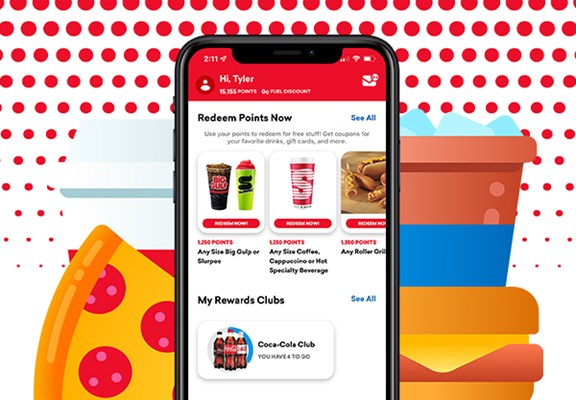
In addition to the tangible benefits of earning and redeeming points, Speedy Rewards offers exclusive deals and personalized offers that create a sense of value and loyalty among customers. For instance, members receive special discounts on fuel during promotional periods, which can be significant savings for frequent drivers. The program’s success is reflected in customer testimonials and loyalty metrics, with many customers citing Speedy Rewards as a primary reason for choosing Speedway over competitors. By continuously enhancing the program with new features, such as digital coupons accessible through the mobile app, Speedway ensures that its loyalty program remains attractive and competitive in the ever-evolving retail landscape.
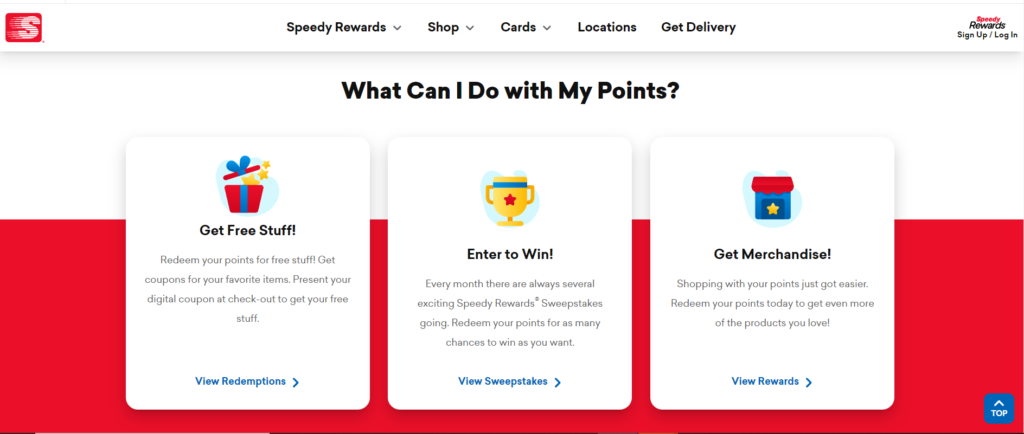
2. Strategic Pricing and Promotions
Speedway employs strategic pricing and promotions as a key marketing strategy to attract and retain customers in a competitive market. By offering competitive pricing on fuel and in-store products, Speedway ensures it remains a preferred choice for price-sensitive consumers. A notable example is Speedway’s frequent fuel price discounts, which are often timed with holiday travel periods, providing significant savings to customers during peak driving times. During the 4th of July and Thanksgiving holidays, Speedway typically offers fuel discounts of several cents per gallon, which significantly helps customers save money. These strategic price reductions help drive higher store traffic, particularly during busy seasons, and enhance customer loyalty as consumers perceive substantial value in choosing Speedway for their fuel and convenience needs.
Promotional activities play a crucial role in Speedway’s marketing approach, offering customers additional incentives to visit their stores. Real-life promotions, such as “Buy One, Get One Free” (BOGO) deals, seasonal sales, and limited-time offers, create a sense of urgency and excitement, encouraging more frequent visits. For example, during the summer months, Speedway often runs promotions on popular items like cold beverages and snacks, aligning with customer demand and enhancing the overall shopping experience. In 2023, Speedway’s summer promotion included BOGO deals on Slurpees and discounts on packaged snacks, driving increased foot traffic and sales. By maintaining a steady stream of enticing promotions, Speedway effectively captures customer interest and fosters a habit of regular store visits, ultimately driving sustained revenue growth.
https://www.youtube.com/watch?v=uzQOyjiUjNg
3. Digital and Mobile Engagement
Speedway has embraced digital and mobile engagement as a pivotal marketing strategy to enhance customer experience and streamline operations. The Speedway mobile app serves as the cornerstone of this strategy, offering features such as mobile payments, digital coupons, and loyalty rewards tracking. In real life, the app’s convenience is reflected in its widespread use, with millions of downloads and active users taking advantage of its features. For instance, customers can easily locate the nearest Speedway store, check fuel prices in real time, and access exclusive in-app promotions. In 2022, the app had over 5 million downloads, demonstrating its popularity and effectiveness. This digital integration not only simplifies the purchasing process but also increases customer satisfaction by providing a seamless and efficient shopping experience.
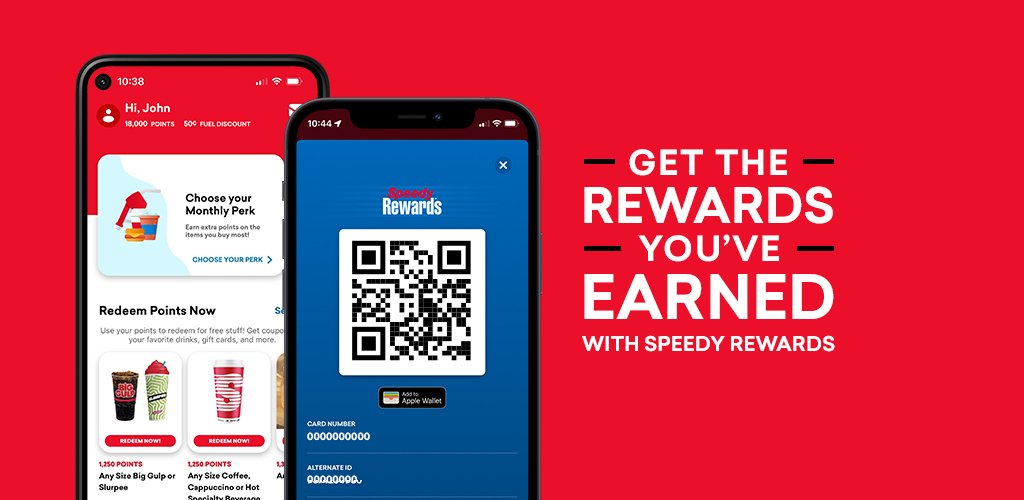
The digital and mobile engagement strategy also enables Speedway to deliver personalized marketing messages and offers directly to customers’ smartphones. Through the app, Speedway can gather valuable data on customer preferences and behaviors, which is then used to tailor promotions and communications. For example, a customer who frequently purchases coffee might receive a personalized offer for a discount on their next coffee purchase. This targeted approach enhances the relevance of promotions, driving higher engagement and conversion rates. Additionally, Speedway’s use of push notifications ensures that customers are informed about special deals and updates in real time, keeping the brand top-of-mind and encouraging repeat visits. By leveraging digital and mobile technologies, Speedway effectively meets the evolving needs of modern consumers, fostering loyalty and driving sustained business growth.
4. In-Store Experience and Product Diversity
Creating a compelling in-store experience and offering diverse products are critical components of Speedway’s marketing strategy. Speedway continuously updates its store layouts and product offerings to meet customer needs and preferences, ensuring a pleasant and convenient shopping environment. For example, Speedway stores are designed with easy-to-navigate aisles, well-stocked shelves, and clean, organized spaces. The company also invests in technology such as self-checkout kiosks and digital displays to streamline the shopping experience. These enhancements not only improve efficiency but also enhance customer satisfaction. In 2023, Speedway introduced new fresh food sections in many stores, offering healthier snack options and ready-to-eat meals, catering to the growing demand for convenience and quality.
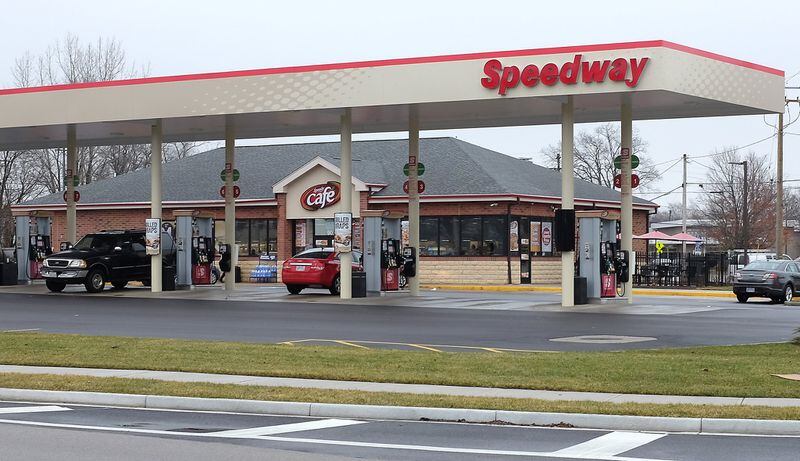
Product diversity is another key element of Speedway’s marketing approach, aimed at attracting a wide demographic. Speedway stores offer an extensive range of products, from everyday essentials like groceries and household items to exclusive branded merchandise and freshly prepared foods. For instance, the introduction of private label products, such as Speedway’s own line of snacks and beverages, provides customers with quality alternatives at competitive prices. The value of this strategy is evident in customer feedback and sales data, which show increased satisfaction and higher sales volumes in stores with diverse product offerings. By continually expanding and diversifying its product range, Speedway ensures it meets the varying needs of its customers, driving repeat visits and fostering long-term loyalty.
5. Strategic Partnerships and Co-Branding
Strategic partnerships and co-branding initiatives play a significant role in Speedway’s marketing strategy, helping to expand its market reach and enhance its brand offerings. By collaborating with well-known brands, Speedway can offer exclusive products and services that attract a broader customer base. For example, Speedway has partnered with leading beverage companies like Coca-Cola and Pepsi to provide a wide range of popular drinks. In 2021, Speedway entered into a co-branding agreement with Dunkin’, allowing select Speedway locations to feature Dunkin’ coffee and baked goods. This partnership not only enhances Speedway’s product offerings but also attracts Dunkin’s loyal customers, increasing foot traffic and sales.
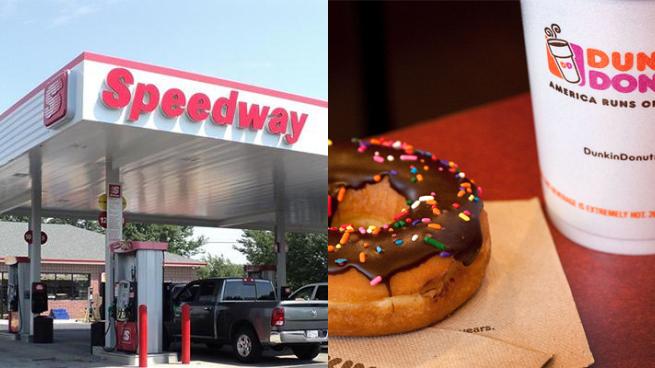
These partnerships provide real-life value by leveraging the brand equity of Speedway’s partners to enhance customer perception and satisfaction. Co-branded offerings, such as Dunkin’ coffee within Speedway stores, create a unique value proposition that differentiates Speedway from its competitors. Additionally, Speedway’s partnership with various fuel and automotive service brands, like Shell and Valvoline, ensures that customers receive high-quality fuel and vehicle maintenance services. These collaborations help Speedway maintain a competitive edge by providing comprehensive services and products under one roof, making it a convenient one-stop shop for customers. By strategically partnering with reputable brands, Speedway can continuously innovate and expand its offerings, driving customer loyalty and long-term growth.
6. Targeted Advertising and Media Campaigns
Targeted advertising and media campaigns are crucial components of Speedway’s marketing strategy, enabling the company to effectively reach and engage its diverse customer base. By utilizing a mix of traditional and digital media channels, Speedway ensures that its marketing messages are both widespread and impactful. For example, Speedway employs television and radio ads to capture the attention of commuters and travelers who frequently visit their locations. A notable example is Speedway’s holiday fuel promotions, which are heavily advertised on local radio stations to attract travelers looking for fuel savings. These campaigns are strategically timed to maximize reach during peak travel periods, driving higher store traffic and fuel sales.
In addition to traditional media, Speedway leverages digital platforms to enhance its targeted advertising efforts. The use of social media, email marketing, and online advertising allows Speedway to tailor its messages to specific customer segments based on their preferences and behaviors. For instance, Speedway runs targeted social media campaigns promoting their Speedy Rewards program, highlighting the benefits of joining and using the loyalty program. These ads are often personalized based on user data, ensuring that the right messages reach the right audience. In 2022, Speedway launched a successful digital campaign on Facebook and Instagram, featuring interactive content and exclusive offers, resulting in a significant increase in new loyalty program sign-ups.
The value of targeted advertising and media campaigns lies in their ability to generate measurable results and optimize marketing spend. By focusing on specific customer segments, Speedway can allocate its marketing budget more efficiently, ensuring that each dollar spent yields the highest possible return. The effectiveness of these campaigns is evident in the increased customer engagement and higher conversion rates achieved through personalized marketing efforts. Furthermore, by continuously analyzing campaign performance data, Speedway can refine its strategies and make data-driven decisions to enhance future campaigns. Overall, targeted advertising and media campaigns help Speedway maintain a strong market presence, drive customer acquisition, and foster long-term loyalty.
7. Focus on Convenience and Accessibility
Focusing on convenience and accessibility is a central pillar of Speedway’s marketing strategy, ensuring that customers can easily and quickly access the products and services they need. Speedway strategically locates its stores in high-traffic areas, such as near highways and busy urban centers, making them convenient for both local residents and travelers. For instance, many Speedway locations are situated close to major interstate highways, providing a quick stop for drivers to refuel and grab essentials during long journeys. This strategic placement not only attracts a steady stream of customers but also positions Speedway as a reliable and accessible option for on-the-go needs.
Speedway enhances convenience by offering a wide range of services and amenities designed to meet the diverse needs of its customers. Many Speedway stores feature 24/7 operating hours, ensuring that customers can shop at any time of day or night. In addition to fuel, Speedway locations often include ATMs, car washes, and air pumps, providing added convenience for customers looking to take care of multiple errands in one stop. The introduction of Speedy Café in select locations offers freshly prepared food and beverages, catering to the growing demand for quick and quality meal options. In real life, this approach has been well-received, with customers appreciating the ability to access multiple services during a single visit.
The value of focusing on convenience and accessibility is evident in customer satisfaction and loyalty. By making it easy for customers to access their stores and services, Speedway fosters a positive shopping experience that encourages repeat visits. The company’s commitment to convenience is further demonstrated through its mobile app, which allows customers to locate nearby stores, check fuel prices, and make mobile payments. This digital tool enhances accessibility by providing essential information at customers’ fingertips, making their shopping experience even more seamless. Overall, Speedway’s focus on convenience and accessibility not only attracts new customers but also builds long-term loyalty by consistently meeting and exceeding customer expectations.

